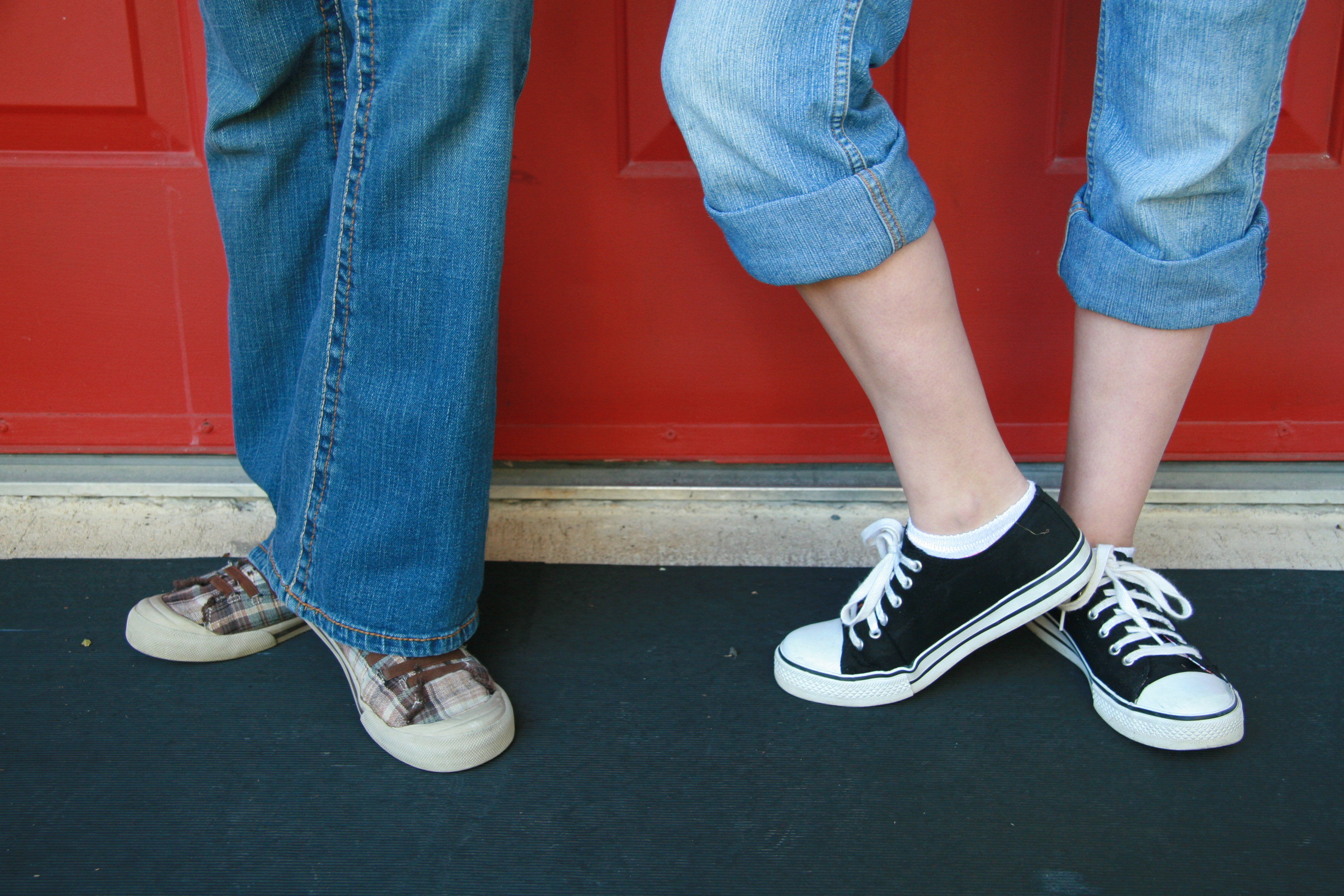By Jennifer A. Redmond
My husband and I struggled with infertility for several years. I was going to say “on and off” for several years, but even when we weren’t “trying” there was always the hope that I might get pregnant.
I have unexplained infertility — no reason was discovered for my inability to get pregnant. After six failed procedures, and one miscarriage at 11 weeks, we decided to take a break. We wanted our lives back. We were stressed out and exhausted from all aspects of treatment: injectable medications, the monthly anticipation and resulting disappointment with each failed pregnancy test, and the cost.
During this break, I joined a mind-body group. The stated goal of the group was not to achieve pregnancy, but rather to regain a sense of control, to de-stress, to come together with other women and couples who were also struggling with infertility and talk about our experiences, learn coping techniques, and have an emotional outlet. I was very angry and very sad. I felt like my body, which was created to bear children, was defective —that I was defective. I felt guilty that I was letting my husband down (he didn’t make me feel guilty, I brought that on myself).
I remember spending time with girlfriends and their new babies and young children and feeling like “the girl without a baby.” I had a hard time attending baby showers, christenings, and celebratory, baby-centric events. In the group I learned relaxation techniques including meditation, which helped me to begin to let go of the anger, the guilt, the sadness, and the pain. I started journaling. The mind-body group was life-changing.
The decision to remain childfree evolved. As I mentioned earlier, it started as a much-needed break from treatment. We tried it on, and it seemed like it might fit. As time went on, we thought about and talked about the option of continuing this way. I saw a therapist who specialized in working with infertile women and couples, and she helped me explore this further. Remaining “childfree”— a term neither my husband nor I really like —seemed like a viable option.
I refer to us as a “family of two.” It’s a more positive and accurate description of who we are. Family is important to us. My husband has five siblings and I have three; we have 19 nieces and nephews. We love spending time with them, and we also treasure spending time together and with our large network of friends. Interestingly, many of our friends, whom we have known for years, don’t have children for one reason or another. And, of course, many do.
There are certainly many positive things you can identify about not having children, including financial aspects and independence. Those didn’t guide our decision, however, which wasn’t always easy, even after we were resolute that it was right for us.
Just as my experience with infertility was a journey, so too is the decision to live our life without children of our own. Along the way a sense of control returned to my life. Infertility brings with it a sense of powerlessness. Each month another treatment cycle is attempted, and you hope for the best, knowing you have little or no control over the outcome. Making this decision was empowering.
It is the first step in a process, the first step in allowing myself to begin to answer the question, “Suppose I didn’t have children, what would that be like?”
The answer continues to unfold every day.
About the Author
Jennifer A. Redmond is the Co-founder and Editor-in-Chief of Fertility Authority and has 20 years experience as an online editor and writer, specializing in reproductive health care. Formerly, she served as Director of Communications for RESOLVE: The National Infertility Association.
This article originally appeared in the RESOLVE New England Summer 2007 Newsletter.


I admire your strength to make this decision. I am not ready for that yet, but am still in the “fear of it” stage after suffering 3 miscarriages in the last 2 years. I only hope if IVF continues to not work for us that one day I am strong enough to make this choice too. Thanks for sharing.